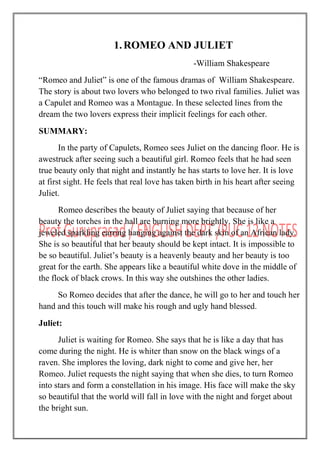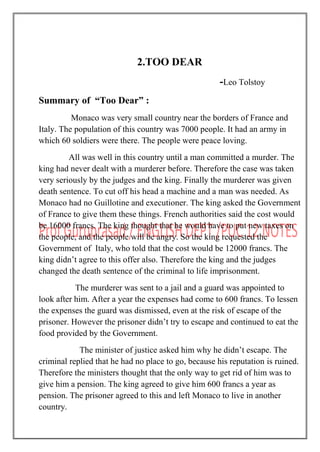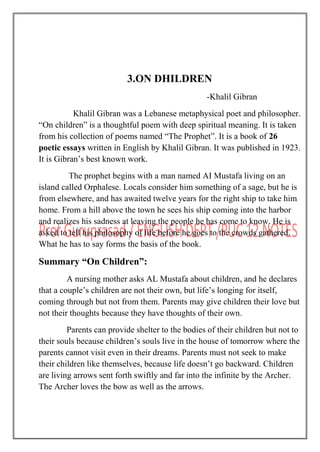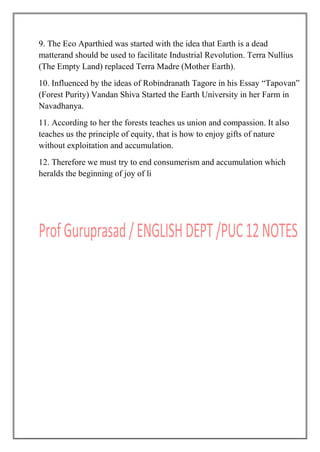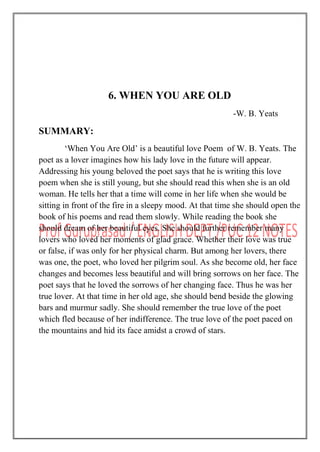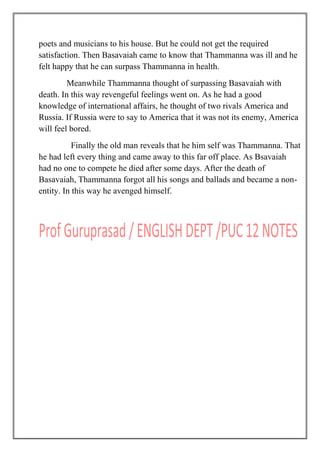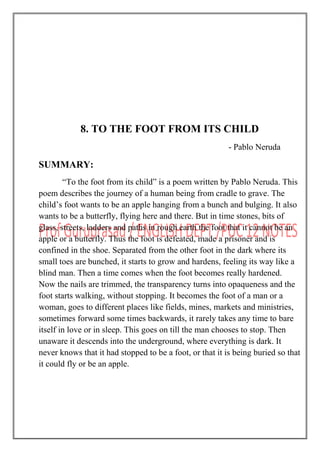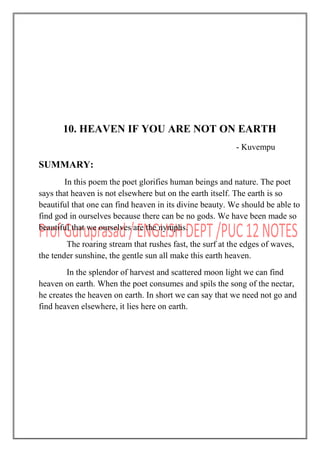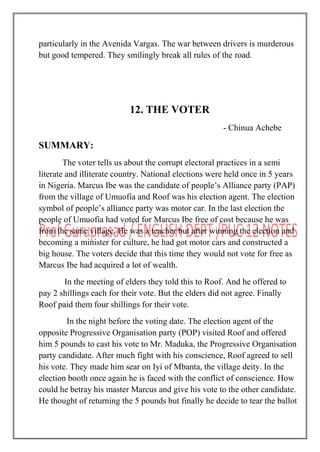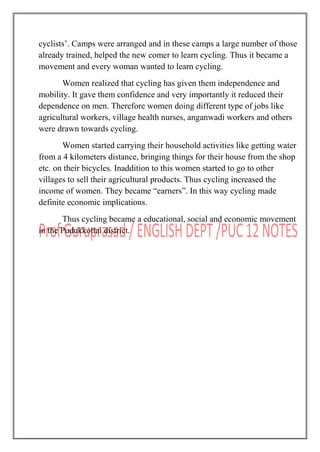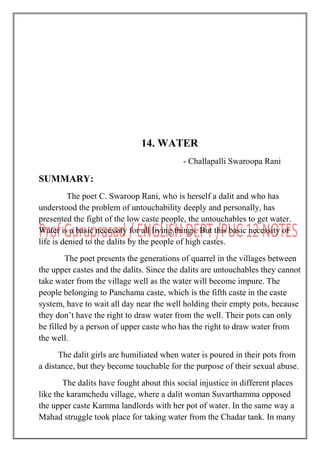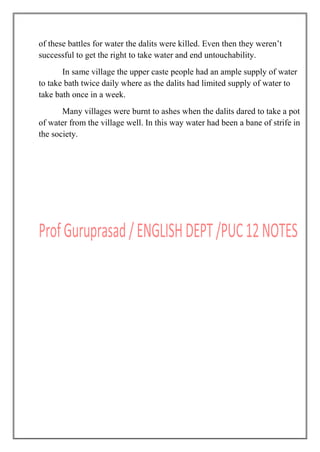In the party of Capulets, Romeo sees Juliet on the dancing floor and falls in love at first sight with her beauty, describing her as outshining all others in the room. Juliet is also taken by Romeo when she sees him, saying he is like a day come during the night and requesting the night to turn Romeo into stars when she dies. The two lovers express their newfound love for each other through poetic language.
